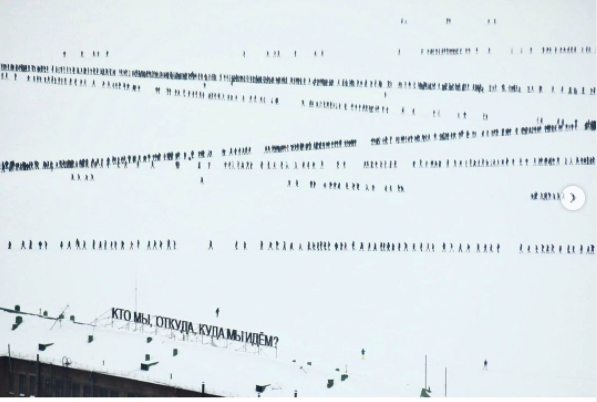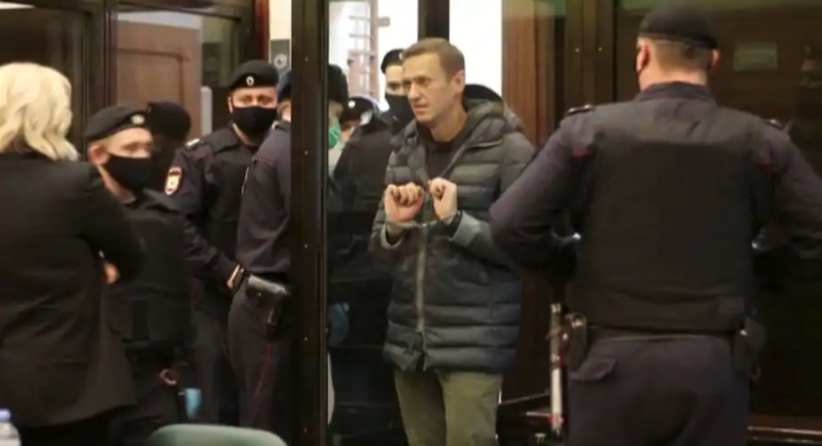In my recent piece in Foreign Affairs, I argued that nobody in Moscow is looking for an exit strategy from the war; rather, people are prepared to fight as long as it takes. Many interpreted this as a thesis that Moscow will not negotiate with Ukraine or agree to a ceasefire. That is not what I was saying. Here are several points to make my understanding more nuanced: 1/
foreignaffairs.com/russia/russias…
foreignaffairs.com/russia/russias…
There is no discussion among senior officials in the Kremlin about negotiating with Ukraine or what compromises could be reached with Kyiv or the West. Decision-making on this issue is monopolized by Putin, and many senior officials simply guess what he wants but do not dare to initiate anything. The common belief is that Russia is winning, advancing successfully, and has the upper hand in Ukraine. Hence, they see no point in talking to the West, let alone Ukraine. 2/
Putin does not aim to storm Odessa, Kyiv, or even Kharkiv. First, he lacks the army for that. Second, he does not want to engage in large-scale battles. His strategy is to impose on Ukraine military pressure, diminish military infrastructure, and intimidate locals to coerce Kyiv into surrendering and accepting Russian demands. He will only take what he believes he can, given his limited military capacity and wait when Ukraine falls. 3/
Yes, Putin wants to talk, but strictly on Russian terms. He is concerned that a pause might be used by the West and Ukraine to rearm. Because of this, he will be extremely cautious about the conditions of any talks. 4/
He will not talk to Zelensky, as he does not believe Zelensky can deliver what Russia wants from Ukraine. Moscow has been signalling for months that the West must remove Zelensky. However, if Zelensky were to lift the ban on talks with Russia and open a window for negotiations, Putin might seize this opportunity (as a showcase and temporarily)—not to start real talks, but to demonstrate his readiness for negotiations, expecting, as well, it to accelerate Zelensky’s departure. Putin might also agree to a tactical ceasefire if reassured that it would not be used to rearm Ukraine and if he sees Ukraine is desperate and ready to discuss Russian demands. 5/
So, what are Russia’s demands? Putin’s flexibility will depend on the progress on three tracks, which are inter-dependable: 6/
1. Washington’s position: If Putin has any hope that the US might consider an "ironclad" ban on Ukraine’s NATO membership and other guarantees of neutrality, his position on two other tracks might soften.
2. Kyiv’s readiness to consider political demands: Putin wants a "friendly" regime in Ukraine—one that would exclude the emergence of anti-Russian forces. I will not go into details here, but If he believes he can achieve this, he may be flexible on territorial matters. It is important to say that I do not believe this is ever possible, but in Putin’s vision, it is no problem if Odessa remains Ukrainian as long as Ukraine is “friendly.”
3. Territorial Matters: If there is no progress on the first two tracks, Putin will continue a creeping offensive for as long as needed. If he is more successful militarily and gain more territories, he will become more contemptuous about first and second tracks. 7/
2. Kyiv’s readiness to consider political demands: Putin wants a "friendly" regime in Ukraine—one that would exclude the emergence of anti-Russian forces. I will not go into details here, but If he believes he can achieve this, he may be flexible on territorial matters. It is important to say that I do not believe this is ever possible, but in Putin’s vision, it is no problem if Odessa remains Ukrainian as long as Ukraine is “friendly.”
3. Territorial Matters: If there is no progress on the first two tracks, Putin will continue a creeping offensive for as long as needed. If he is more successful militarily and gain more territories, he will become more contemptuous about first and second tracks. 7/
The point of my article in Foreign Affairs was that if there is no sign from the West that serious talks are possible (in Putin’s eyes and those of the Russian ruling elite there are no such signs), the only path is further escalation. No one is concerned about this unless it brings us to the brink of nuclear war—an eventuality that might split the elite (I do not urge to provoke the nuclear escalation). Until then, the political class will stick with Putin and support his military ambitions. 8/End
• • •
Missing some Tweet in this thread? You can try to
force a refresh






